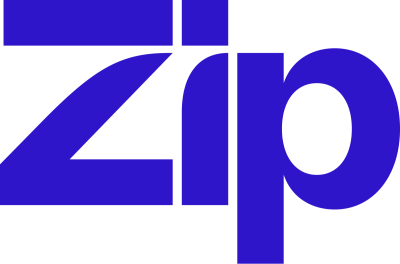Thales Receives Award for its Ethical Approach to Supplier Selection

When the Sustainable Development Goals (SDGs) were launched in late September 2015, they were thought of as a remarkable improvement on the preceding Millennium Development Goals (MDGs). Ban Ki-moon, who was yet to retire from his chairmanship of the United Nations (UN), was lauded for the legacy he would be leaving behind. Up until then, private sector organisations were largely beyond the scope of intergovernmental jurisdiction. Bodies like the UN were only laying down sustainable goals to build a more desirable world for public enterprises.
Years down the line a lot has changed for the better. The United Nations Global Compact stands as the world’s largest corporate sustainability initiative today. It's a clarion call to all companies to align their operations with universal principles of labour standards, corporate governance, environmental protection, business ethics, and export control.
We’ve come a long way – from a world with zero corporate responsibility to a world that aims for ethical and responsible business.
Achieving Sustainable Development Goals as a Responsible Purchaser

Purchasing serves as a critical aspect for all private sector businesses today, so much so that it has come to be recognised as something as scientific and calculative as supply chain management. Departments aligned to the purchasing function are responsible for all sorts of Procurement. It is purchasing done right that ultimately helps businesses achieve their goals.
Thales: A Case in Point
Thales is a France-based multinational that designs and builds electrical systems for aerospace, transportation, defence, and security markets. They’ve been effectively aligning their purchasing function with a special focus on SDGs. The purpose of this is not just to achieve their end business goals but also to establish meaningful supplier relationships that drive value on their own.

Responsible purchasing means ensuring transparency of operations while forging long-term relationships with suppliers on the basis of mutual trust and understanding. So, even before Thales selects their preferred supplier of choice, they make sure that all potential suppliers are treated equally. The selection process is transparent to the extent that a supplier who fails to make the cut with the company is left with no grievances. On deal closure, a contract is signed between both the parties. Thales ensures that there is scrupulous adherence to the terms of the contract, be it for intellectual property right (IPR) or even payment deadlines.
The Proof is in the Pudding
Thales has been rightly acknowledged and rewarded for their efforts. The Ministry of Public Action, Finance, Economy and Accounts awarded the French electrical multinational the quality label for responsible supplier relations. Awards and acknowledgements don’t appear out of thin air; in Thales’ case, they have been a result of responsible purchasing and meaningful supply relationships with their partners.

While choosing their partners, the company carefully assesses their commitment levels, their ethical standpoints alongside the cost and quality compliance levels mentioned in their proposals. Potential suppliers are given an assessment survey which they must submit. The questionnaire considers whether individual suppliers adhere to UN accepted principles of labour, environment, export, and ethics.
Corporate Spirit Transcending Expectations

Thales ensures regulation compliance even if they are not applicable to its region of operation. For instance, mineral containing components are never bought directly from production units. In the United States, there are existing regulations that aim to prevent profits derived from the trade of minerals financing internal conflicts in the Congo region. Despite the confinement of regulations to the US, Thales is committed to upholding the spirit of the law on a global scale.
Acting Local, Thinking Global
More often than not, a collaboration with small and medium-sized enterprises (SMEs) begets greater end value. Thales supports smaller enterprises by collaborating with them, and this often results in innovation and creativity. Not to mention, a remarkable number of engagements with more than 3000 SMEs account for more than a third of Thales’ purchases.

Thales procuring sustainably stands as an ideal example for companies to emulate today. Such responsible procurement models would enable organisations to not only meet their needs for utilities, goods, and services but also help them contribute towards a greater cause.
What stands above everything else today is that we need a society which is sustainable enough to nurture future generations in the years to come. Aligning Corporate Social Responsibility (CSR) principles with Procurement decisions and processes might very well be the way companies can make a sizeable impact in the form of reduced energy consumptions, waste reduction, environmental compliance and much more.
Make sure to download the ProcureCon EU agenda to check out all of the great activities, speakers, and sessions planned for this year.









